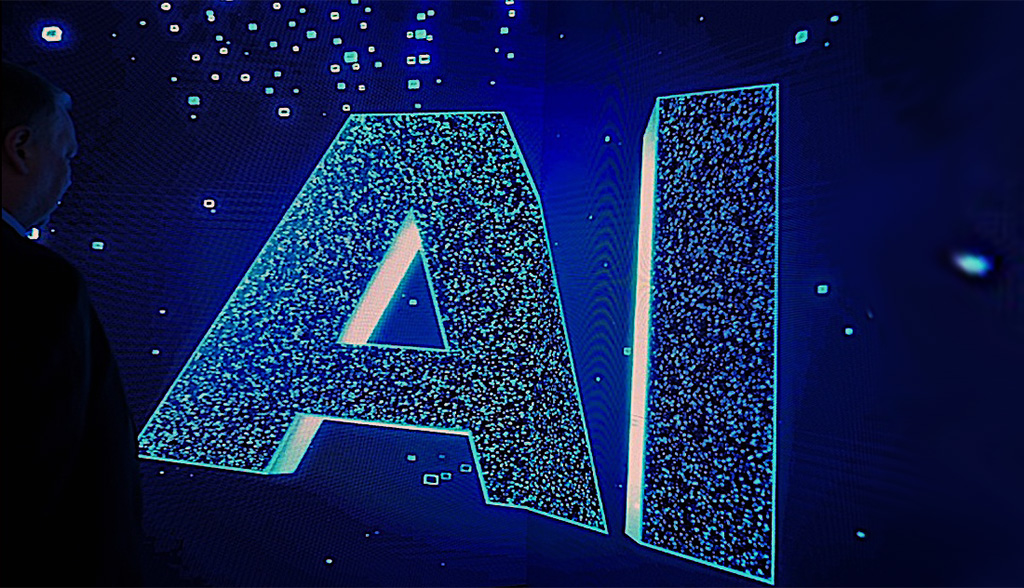Op-Ed: The New York Times vs Microsoft and OpenAI — A must-have lawsuit for the future

Artificial intelligence, or AI, has been increasingly present in everyday life for decades, but the launch of the conversational robot ChatGPT marked a turning point in its perception — © AFP/File Camille LAFFONT
The New York Times lawsuit is crucial to the future of AI in business and in the wider range of intellectual property. The New York Times is suing for the use of large amounts of its content for training AI.
Headlines around the world are almost literally ablaze with what may well turn out to be the benchmark major lawsuit for artificial intelligence.
The lawsuit also raises the commercial aspects of AI training insofar as the same AI now being used in direct competition with The New York Times product review company Wirecutter as an example. NYT cites “almost verbatim” usage of its content by the AI.
The New York Times published its version of its case in a remarkably straightforward article. The Times isn’t on a crusade. It’s trying to establish its rights. The article cites vast amounts of NYT content as being used without payment.
Contrary to some reports, NYT says its suit “does not include an exact monetary demand”.
The “billions” quote is obviously off the cuff. A valuation of that content, particularly historical content, would be extremely difficult. That NYT content also costs a lot of money to produce. There’s a distinct element of fairness in this case.
This isn’t a case of “Did! Didn’t!” It’s a case of not seeing the obvious when using other people’s copyright materials.
The less obvious part of this lawsuit is excruciatingly simple, and you can see why the NYT has a lot of good points to make:

* Anyone doing business should know that it’s better to come to an agreement about use of copyright and remuneration before starting a major legal issue. The slapdash way AI has hit so many raw nerves really is pretty inexcusable.
* It’s hard to see how anyone could not have known that of all publishers The New York Times content is high-value copyright.
* Other agreements with other publishers indicate that this is an easily solved problem. A problem that can be solved before it happens.
* There’s something strangely impractical about not managing copyright source materials for AI training. Why not?
…All of which leads us to a few absolutely fundamental technical and commercial points:
Large language model training will be around in some form forever. Ongoing management of copyright must be in place across a full spectrum of media.
Technologies change, often drastically, and often quickly. That means the source language models will also change.
The language base will also be moving around semantically and in terms of subject matter, language usage, etc. “A copyright issue per word” doesn’t look like a good idea. The source owns the copyright, prima facie.
There’s one particularly nasty possible issue with AI sourcing content. What if the content is wrong, misleading, or causes some sort of loss or injury? Who owns that problem? The source, or the AI publisher?
What if an AI writes an NYT bestseller? Who owns what? The commercial use of the sourced materials can be very relevant to the value of the copyright.
A lot more care needs to go into managing copyright and AI interactions. If the world is very lucky, this lawsuit may create a ballpark.
_______________________________________________________
Disclaimer
The opinions expressed in this Op-Ed are those of the author. They do not purport to reflect the opinions or views of the Digital Journal or its members.
Op-Ed: The New York Times vs Microsoft and OpenAI — A must-have lawsuit for the future
#OpEd #York #Times #Microsoft #OpenAI #musthave #lawsuit #future





